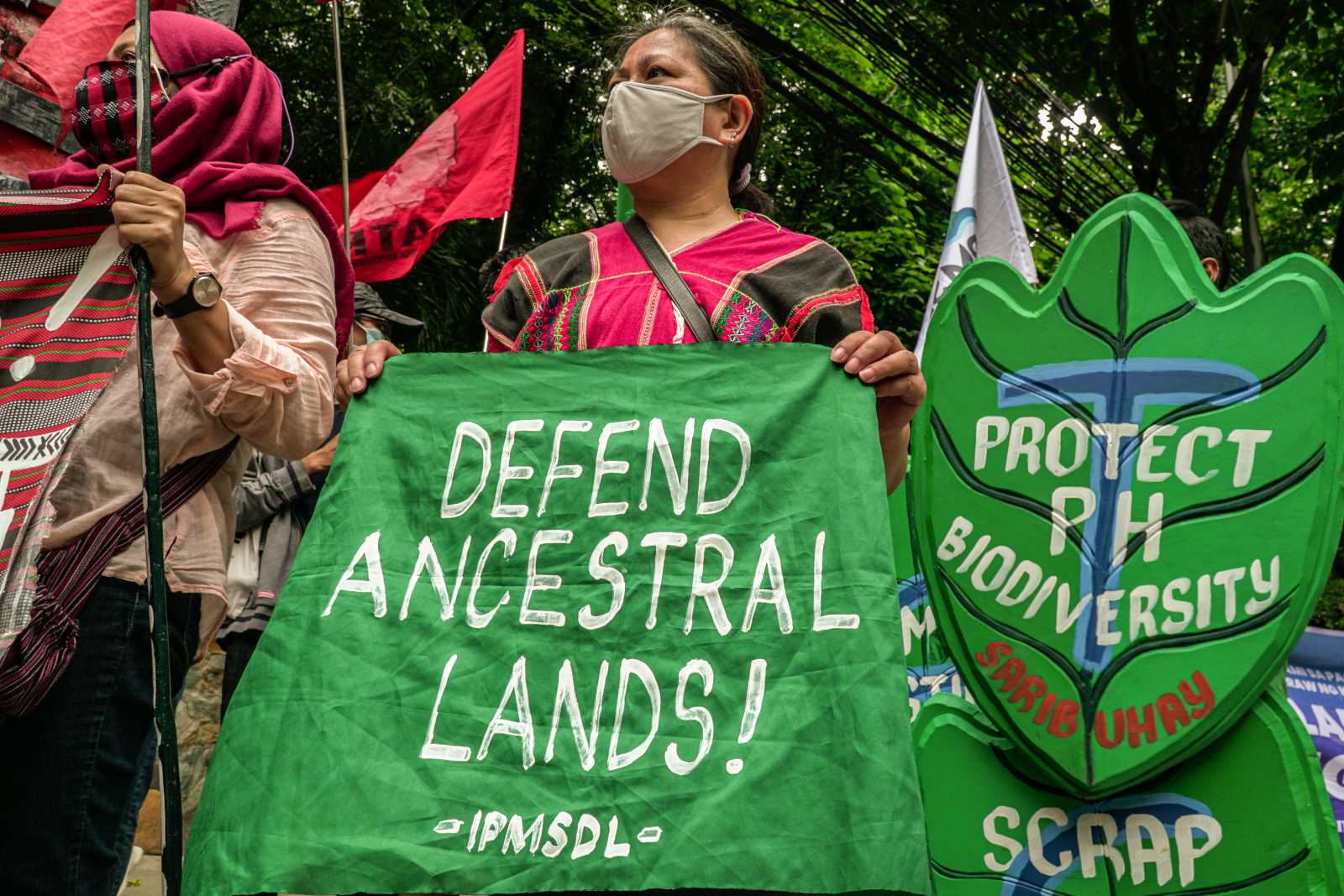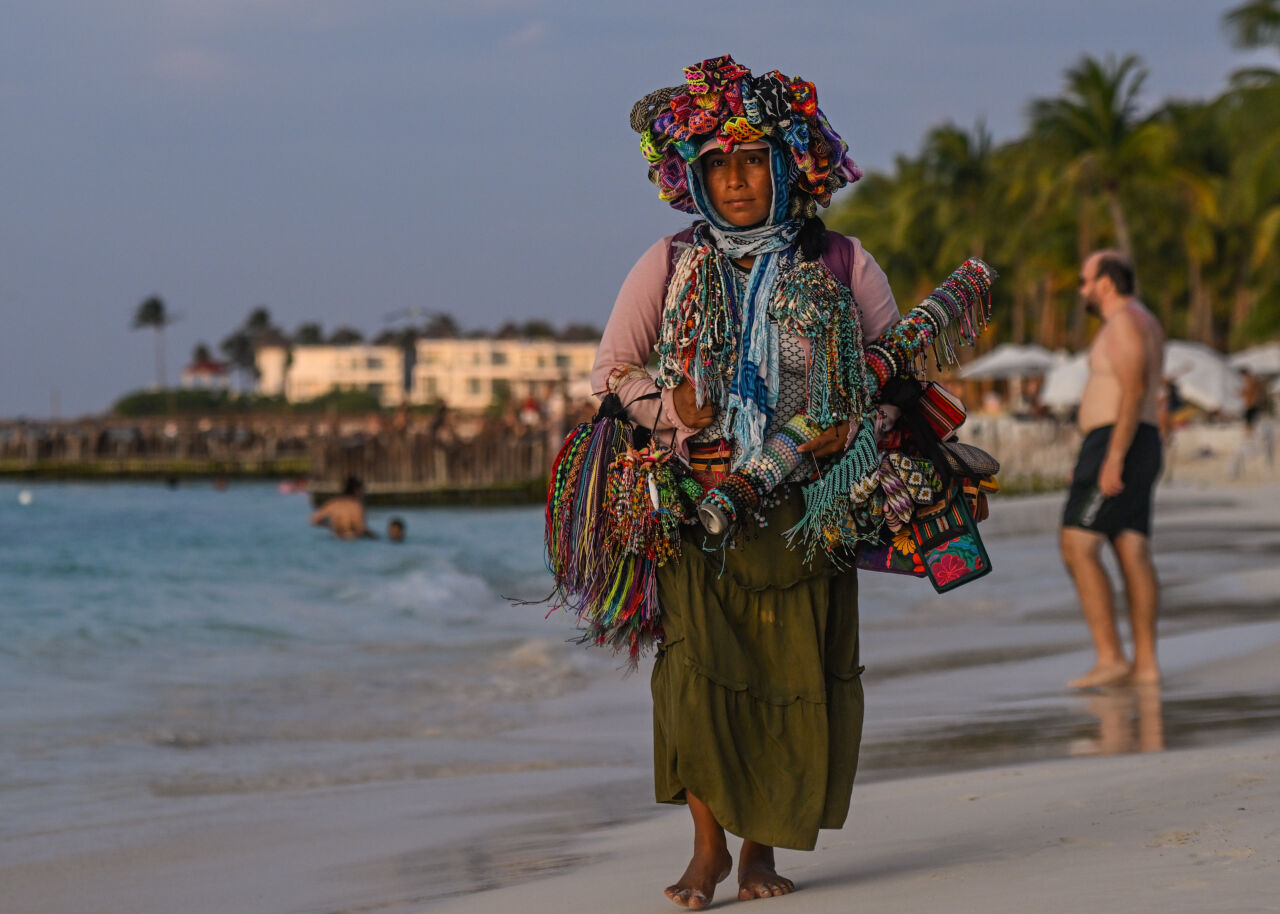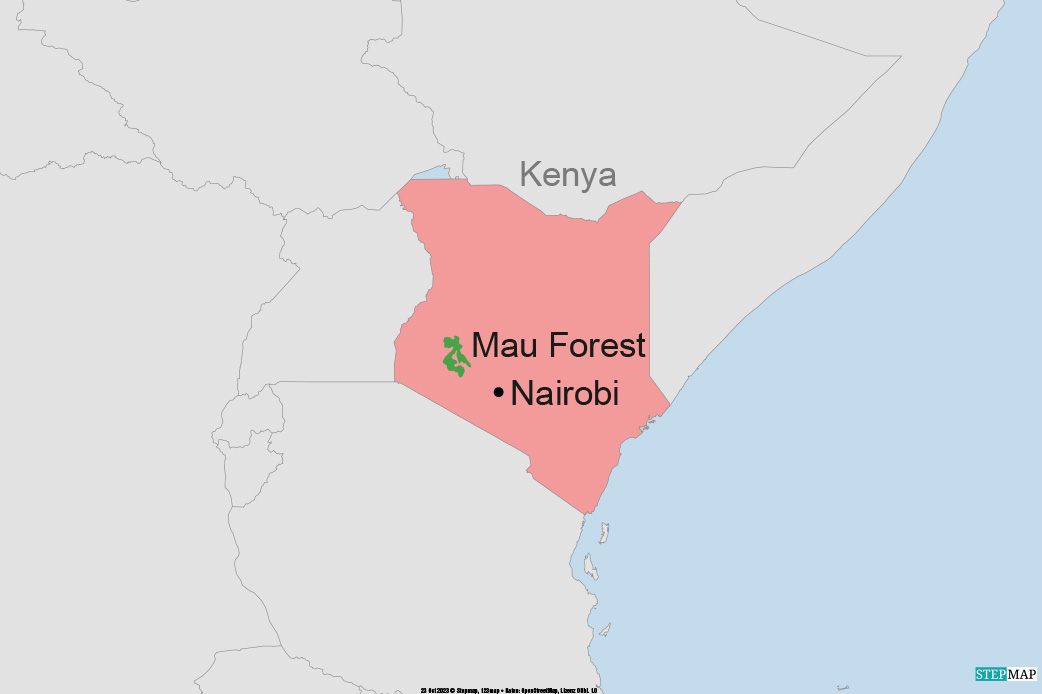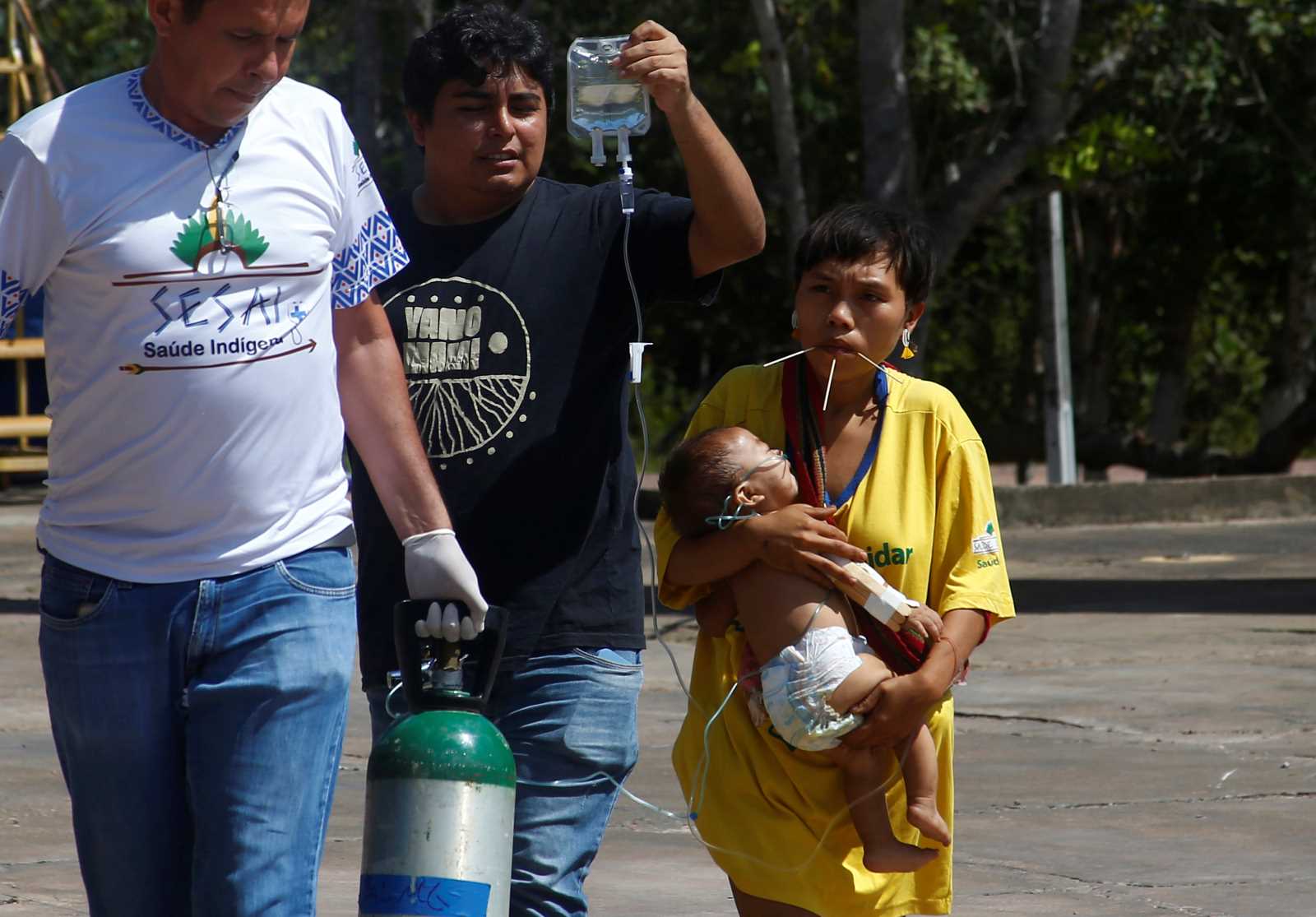Indigenous rights
How Tanzania flouts the rights of the Maasai
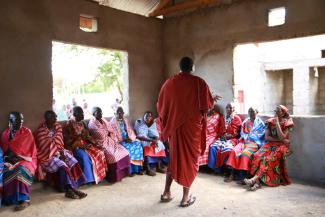
According to community representatives and activists, the Independent National Electoral Commission (INEC) has already transferred their names to other areas, although they still live in the Ngorongoro Conservation Area (NCA). The government allegedly wants to relocate the Maasai to these new areas.
The government’s latest move can be seen as part of a broader strategy to evict the Maasai from their ancestral land under the guise of conservation. The Maasai are known for their deep attachment to their land. As custodians of the Ngorongoro Crater – a UNESCO World Heritage Site known for its breathtaking landscapes and rich biodiversity – the Maasai have coexisted with wildlife for generations. However, in 2021, the Tanzanian government suddenly announced plans to relocate around 82,000 Maasai from the NCA by 2027. They justified this with the need to protect wildlife and accused the Maasai communities of destroying important wildlife habitats and water sources. It is estimated that more than 100,000 people still live in the NCA.
This justification is not valid. The traditional practices of the Maasai are inherently conservationist, as studies have shown. Yet the government’s actions appear to be aimed at weakening the Maasai’s attachment to their ancestral land. In April 2023, human-rights activists reported that essential services such as health care and education in the NCA were being systematically reduced, making life increasingly difficult for the remaining Maasai pastoralists. There have also been reports of violent evictions, the confiscation and auctioning of Maasai cattle and clashes with government authorities in which the Maasai have confronted police firearms with arrows.
The ultimate goal seems to be to drive them off their land to pave the way for tourism and allow particularly wealthy tourists unhindered access to wildlife. For example, 580 square kilometres of grazing land have been annexed to create an exclusive game reserve for the Dubai royal family who have long hunted in the area.
Displacement of communities
The Maasai are not the only people facing such challenges. Across Tanzania, indigenous communities are being displaced by powerful investors under the pretext of conservation or development. Tanzania is a signatory to numerous international treaties, including the United Nations Declaration on the Rights of Indigenous Peoples, and should uphold the rights of indigenous cultures and the right to self-determination. Yet the government continues to violate these treaties with impunity.
Unhindered participation in elections is a cornerstone of democracy. Article 21 of the Tanzanian constitution guarantees every citizen the right to participate in public affairs, either directly or through freely elected representatives. But the Maasai see their voices silenced and their rights trampled upon.
The Tanzanian government has a duty to protect all its citizens, including the Maasai and their unique way of life. Indeed, the Maasai are an integral part of Tanzania’s national identity. They deserve to be heard and respected. However, their culture, their traditions and their very existence are under threat.
It is imperative that the global community stands by them in their fight for justice. National and international human-rights organisations as well as all Tanzanians who believe in justice must speak out against the blatant violations of the rights of the Maasai.
In a true democracy, every vote counts. The Maasai people deserve the same rights and protection as any other citizen. All attempts to disenfranchise them must be reversed. The government must be held accountable, and Ngorongoro must be reinstated on the electoral roll. Anything less would be an affront to justice and human rights.
Kizito Makoye is an environmental journalist from Tanzania.
kizmakoye@gmail.com

